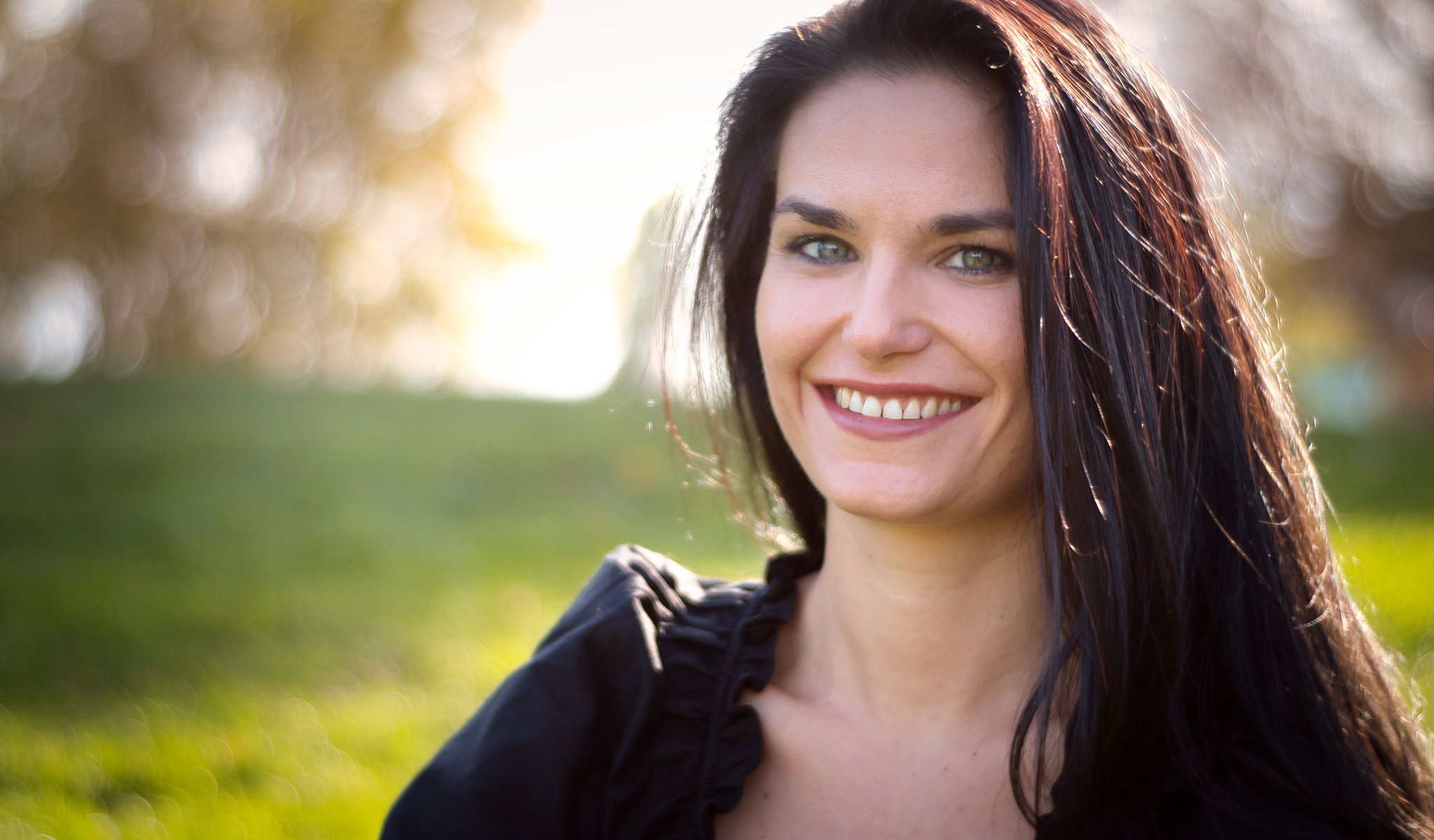
Program
Featuring
Other information
Season tickets
- ORMÁNDY
The event is about 2.5 hours long.
About the event
Following the 2019 production of L’Orfeo, hugely successful both in Hungary and abroad, world-renowned soprano Emőke Baráth will once again sing with the BFO. While last year’s Bridging Europe festival was all about Italy, this time, the spotlight will be on Great Britain. The first concert of our series will treat audiences to a selection of Baroque pieces conducted by the innovative British adventurer of early music known for his vivid and compelling persuasion: Christian Curnyn. The evening will begin with Purcell’s arguably best piece of theater music, The Fairy Queen, and will wrap up with a celebratory work by a forgotten compatriot of Purcell’s, William Boyce. Between the two, the concert will feature two compositions by Handel, the greatest innovator in English music, which show off his religious and secular faces, respectively.
In terms of genre, The Fairy Queen is a semi-opera, i.e. a kind of incidental music where most of the voice parts are performed as prose. It is little wonder that one fan of the composer, Constant Lamberth, came up with the idea of rearranging the material as a suite. The movements of the five-act work, incorporating popular dances, lend themselves perfectly to any number of selections — no matter which of them one may choose, they invoke the facetious atmosphere of Shakespeare’s A Midsummer Night’s Dream, which served as basis for the semi-opera.
Be it a piece of church music or an opera, Handel always found a way to provide his singers with parts requiring great virtuosity. The motet Saeviat tellus inter rigores includes four significant arias for four different characters. The first movement, with its flash-like leaps and fermatas, is just as demanding for the singer as the endless coloraturas of the final Alleluja. Between the two we hear the dark Stellae fidei and the lyrical O nox dulcis.
Water Music is associated with one of the most exciting concerts in the history of music. In 1717, Handel — who would fall in and out of favor with the King — hoped to please the monarch by composing three suites in honor of George I. The movements were performed on the Thames, on a boat close to that of the king. If the two vessels were close to one another, the orchestra would play the softer Air or one of the minuets; once they were further apart, the more lively dance movements were heard. The performance was a resounding success.
William Boyce devoted essentially his whole life to pleasing the ruling family with his works. Be that a funeral, a birthday or some other celebration, he always composed a special piece for each occasion. Boyce saved the best of his compositions, which by the following day would be outdated, in a series of eight symphonies. The beginning of his three-movement work in B-flat major recycles the overture he composed for the 1756 New Year’s celebration; it is followed by a soloistic slow movement and an unbridled finale.
Did you know? Purcell’s opera, The Fairy Queen, premiered in London on May 2, 1692, Handel’s Motet and Water Music were first performed in July 1707 and on 17 July, 1717, respectively, both in London, while Boyce’s Symphony No. 1 was published in 1760; the Festival Orchestra will be playing all four pieces now for the first time.
Contemporary events in 1692, witch trials began in Salem in North America, leading to the execution of 14 women and five men / Vienna Academy of Fine Arts was founded in 1692 by Austrian court painter Peter Strudel / Emperor Joseph I was deposed by the Parliament of Ónod on June 13, 1707 / Arithmetica universalis, the collection of the works on algebra of Isaac Newton, the English physicist, mathematician and astronomer, was published in 1707 / Italian composer Antonio Vivaldi composed his Violin Sonata in C major (RV 5) in 1717 / Les Paladins, the opera of French composer Jean-Philippe Rameau, premiered in Paris on February 12, 1760 / English portrait painter Thomas Gainsborough painted the picture of Ann Ford in 1760
Bridging Europe festival is a joint production of the Budapest Festival Orchestra and Müpa Budapest.
